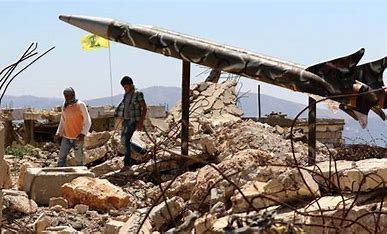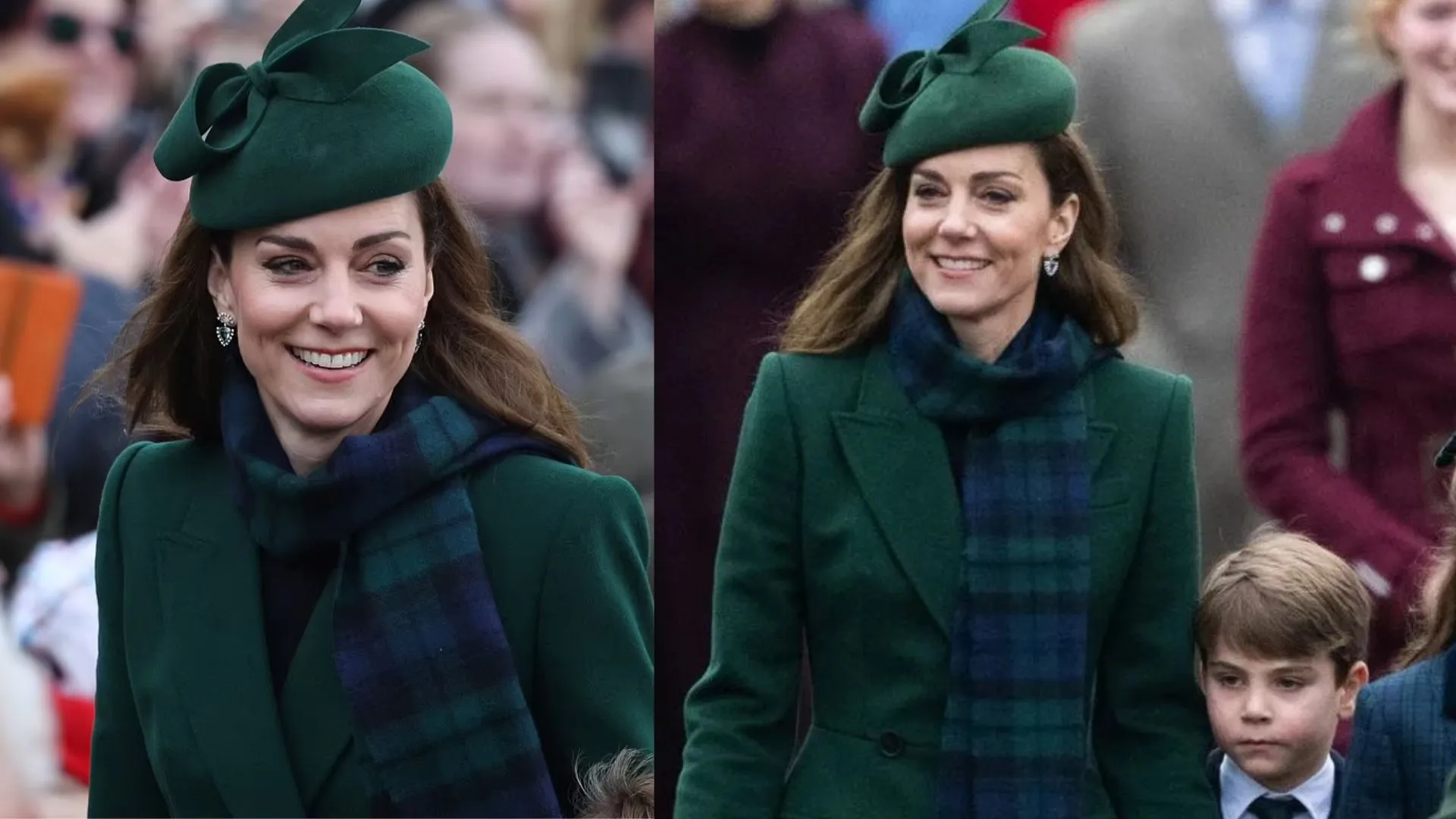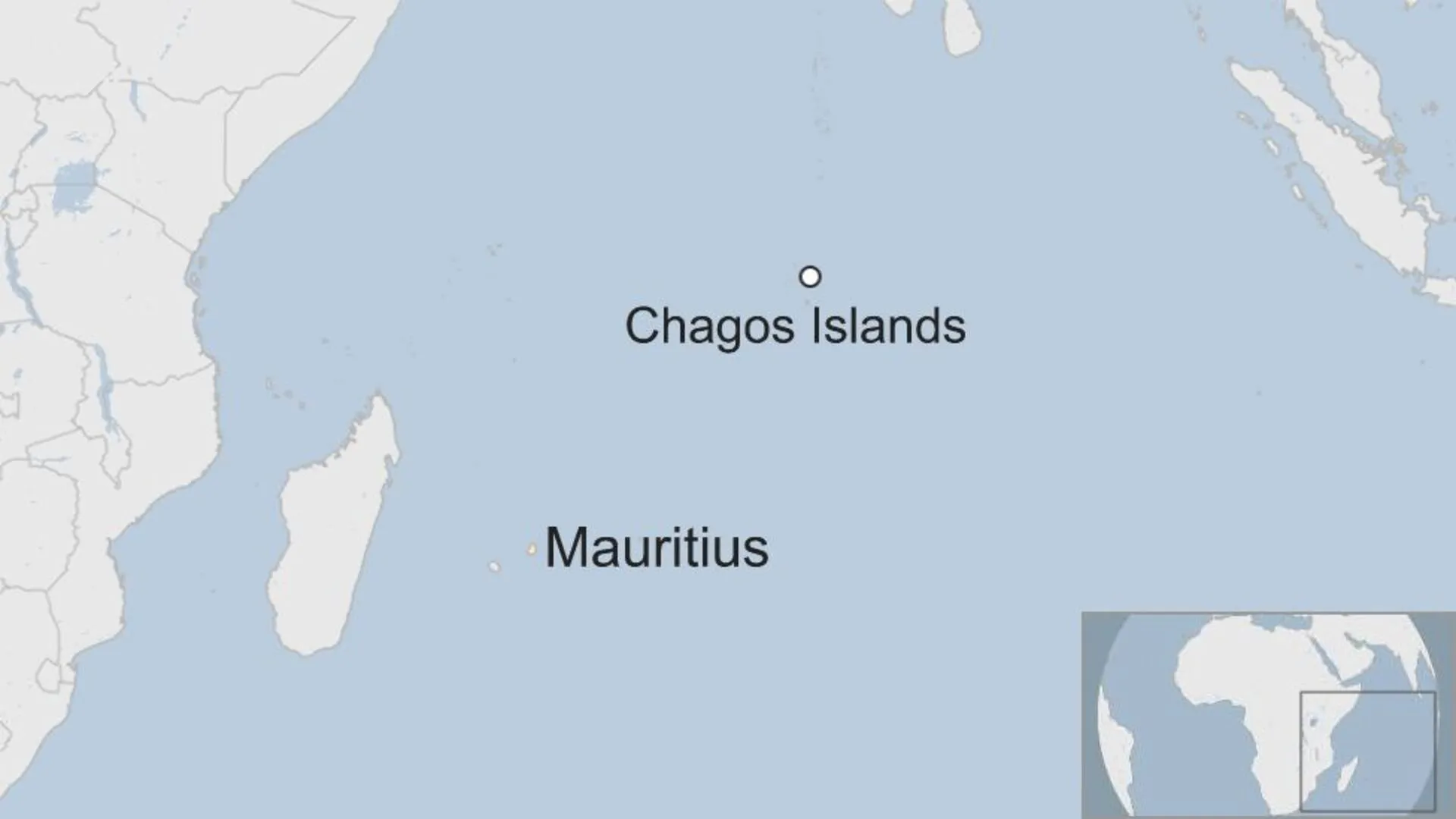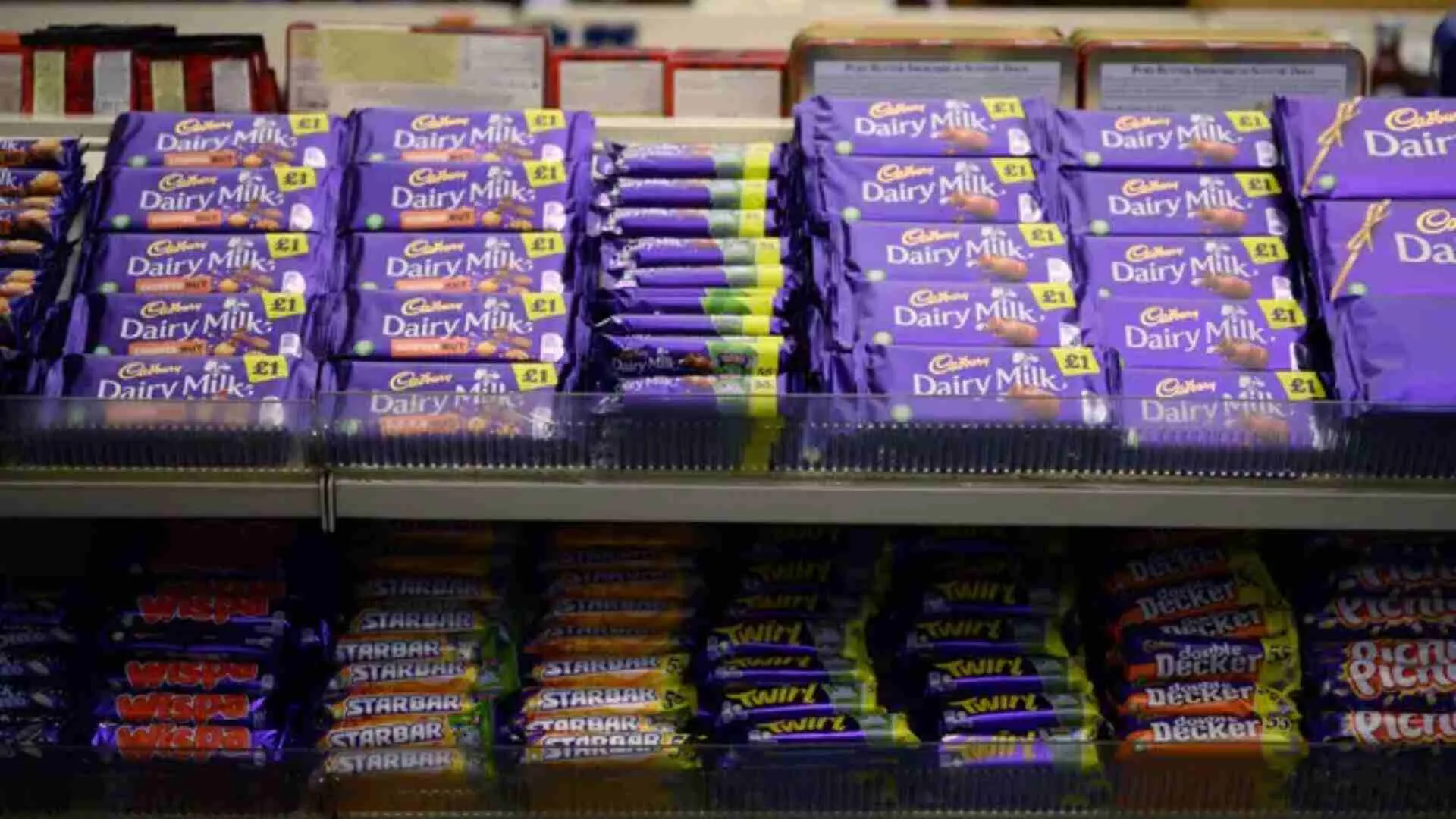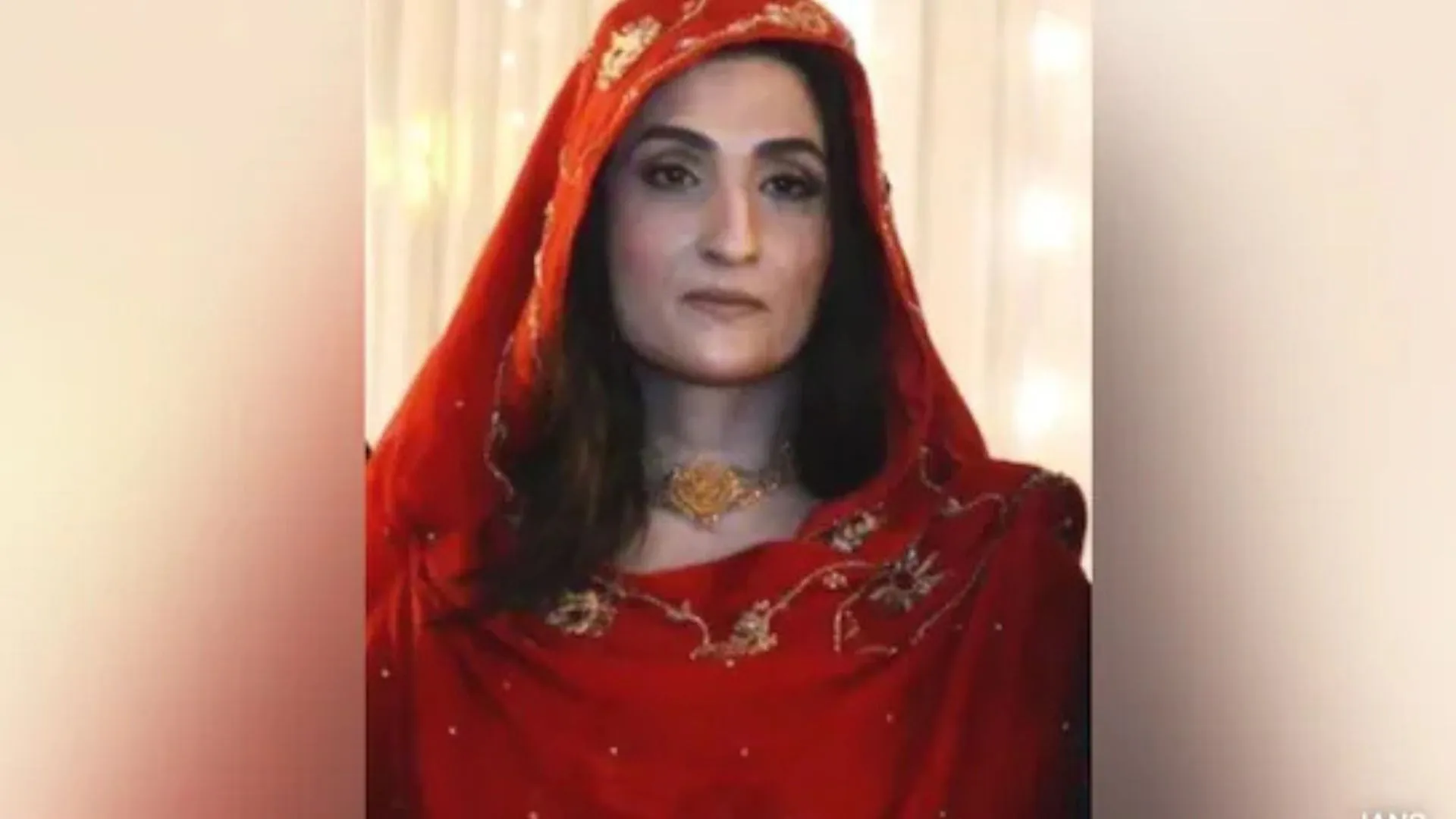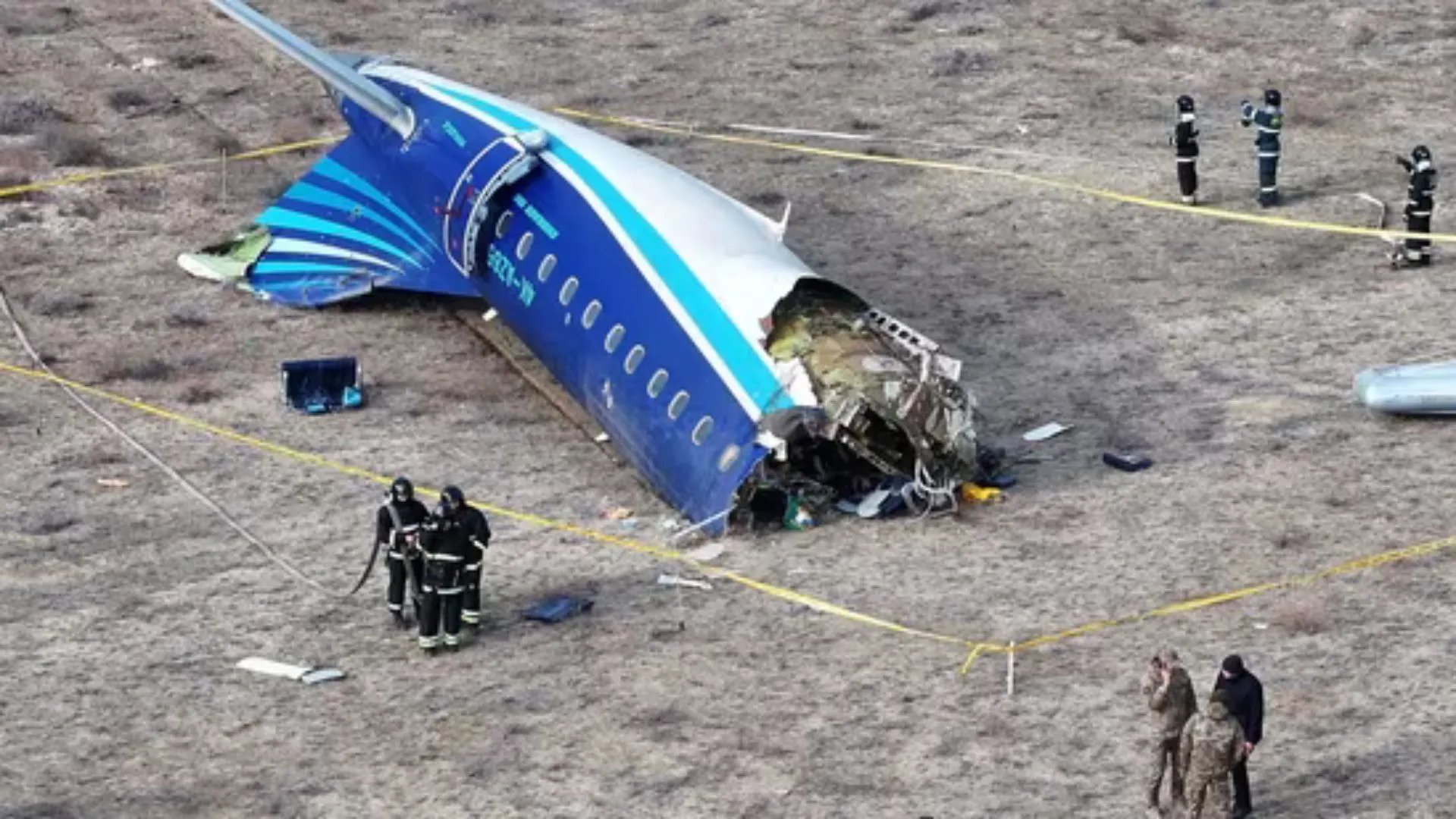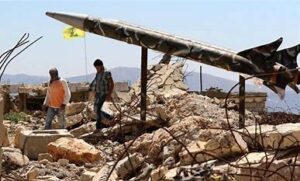Jerusalem [Israel], December 2: Hezbollah fired two missiles at Mount Dov, northern Israel, on Monday. This marks the first attack since the ceasefire took effect on Wednesday. Hezbollah described the missile barrage as a “warning” to Israel.
Rising Accusations of Ceasefire Breaches
The missile attack came amid claims from the United States and France accusing Israel of violating the ceasefire through surveillance flights over Beirut. Israeli Foreign Minister Gideon Sa’ar rejected these allegations, stating, “Israel is enforcing the agreement and responding to Hezbollah’s violations.”
Sa’ar further warned that if Hezbollah does not withdraw its forces north of the Litani River as agreed, Israel would take additional measures.
Israeli Retaliation
The Israel Defense Forces (IDF) launched airstrikes targeting:
- A Hezbollah missile production facility in the Beqaa Valley.
- Sites along the Lebanon-Syria border used for weapons smuggling.
Additionally, the Israeli Air Force intercepted an Iranian plane in Syrian airspace, suspecting it of carrying weapons for Hezbollah, forcing it to return to Tehran.
Ceasefire Terms
Under the ceasefire agreement:
- Hezbollah’s Withdrawal: Hezbollah is required to withdraw armed forces from southern Lebanon, south of the Litani River.
- Israeli Withdrawal: Israeli forces are to gradually pull back from southern Lebanon.
- Deployment of Forces: The Lebanese Armed Forces and UN peacekeepers are to monitor the border.
Background of the Conflict
The ceasefire, brokered to end the escalating violence, follows weeks of conflict triggered by Hamas’s October 7 attack on Israeli communities. Hezbollah, in solidarity with Hamas, launched daily attacks on northern Israel, displacing over 68,000 residents.
United Nations Resolution 1701 prohibits Hezbollah’s operations in southern Lebanon. However, its repeated violations have fueled ongoing tensions in the region.

